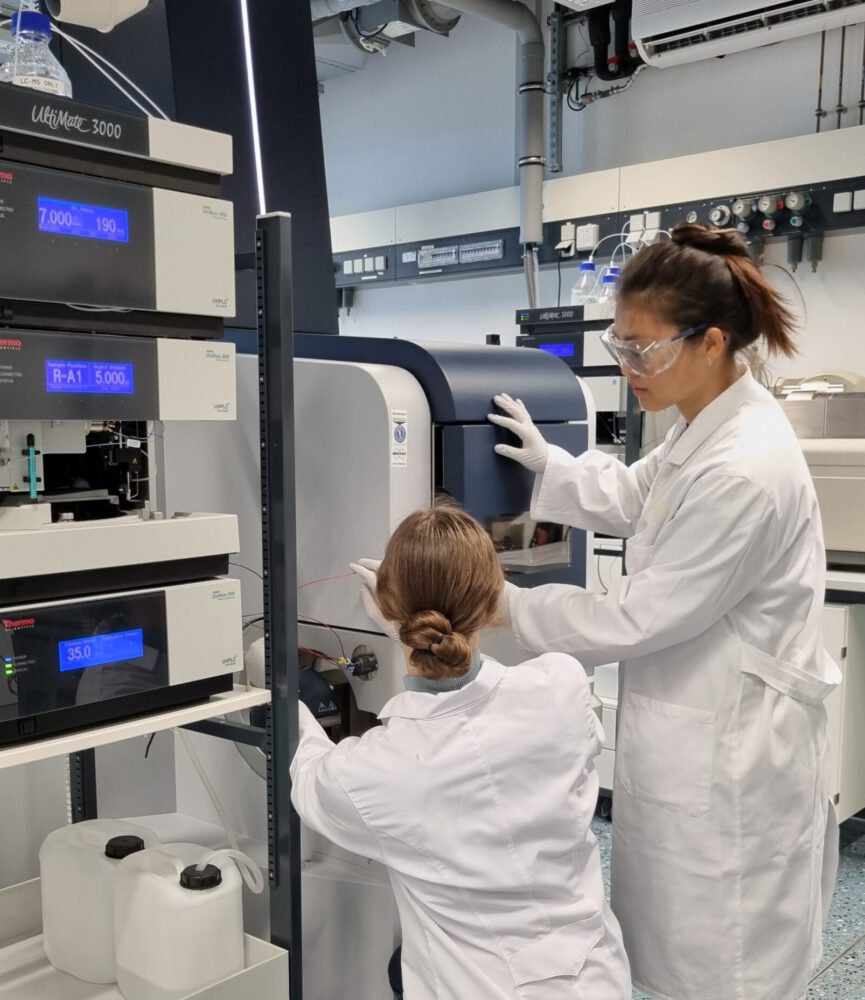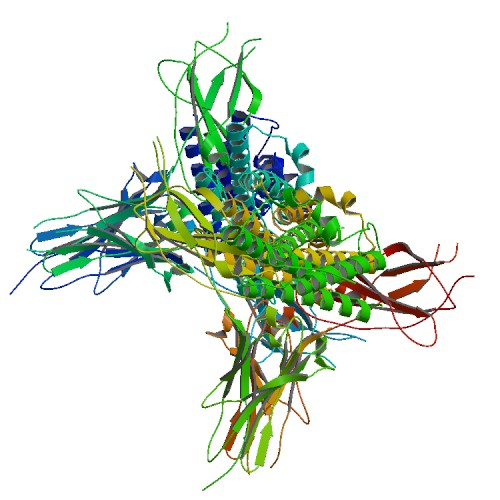Project funding for the development of a method for quality assurance of biopharmaceuticals using undirected protein profiling

The detection and characterization of unknown and/or unexpected impurities is a key element in most of the FFQM-funded projects so far. The aim of the current project is to develop such methods for biopharmaceuticals. The developed procedures should allow a simultaneous determination of the active pharmaceutical ingredient of these protein containing medicinal products as well as their possible degradation products and impurities. Moreover, potential counterfeits of these preparations should also be detected. In contrast to most of the conventional analytical procedures used for quality control of biopharmaceuticals, methods should be developed in this project for non-directional protein profiling.
Supervisor of the project is Professor Monika Pischetsrieder, Friedrich-Alexander University Erlangen-Nuremberg, Department of Chemistry and Pharmacy, Chair of Food Chemistry. Her research team has already gained extensive experience in corresponding analytical issues on the food sector. A particular focus of the intended research activities is on the detection and subsequent characterization of unknown and unexpected degradation products or impurities that are insufficiently taken into account by conventional analytical methods used for quality control and batch release. In order to achieve this goal, the analytical modules developed will be integrated into a standard protocol for protein profiling for biopharmaceuticals.
Relevant preliminary results of Pischetsrieder’s research activities are available to be integrated into this project. In particular, one specific analytical procedure which had already been developed and successfully applied for various issues in food analysis is intended to be used also in the planned project. This is a non-directional, high-resolution HPLC-MS/MS method (microLC-timsTOF Pro-MS/MS), which allows several thousand peptides and proteins to be detected simultaneously and thus to create a comprehensive protein profile of a sample. The aim of the planned project is now to transfer and apply this procedure also to the quality control requirements of biopharmaceuticals.

Protein structure Filgastrim
This research project is of great practical pharmaceutical relevance, as the detection and identification of such impurities should help to optimize the quality control of corresponding biopharmaceuticals.
The project is being carried out in collaboration with the pharmacy of the University Hospital Erlangen, its chief pharmacist Prof. Dr. Frank Dörje, the head of the quality control department Dr. Tobias Borst, and Ralph Heimke-Brinck, a specialist pharmacist for clinical pharmacy.

